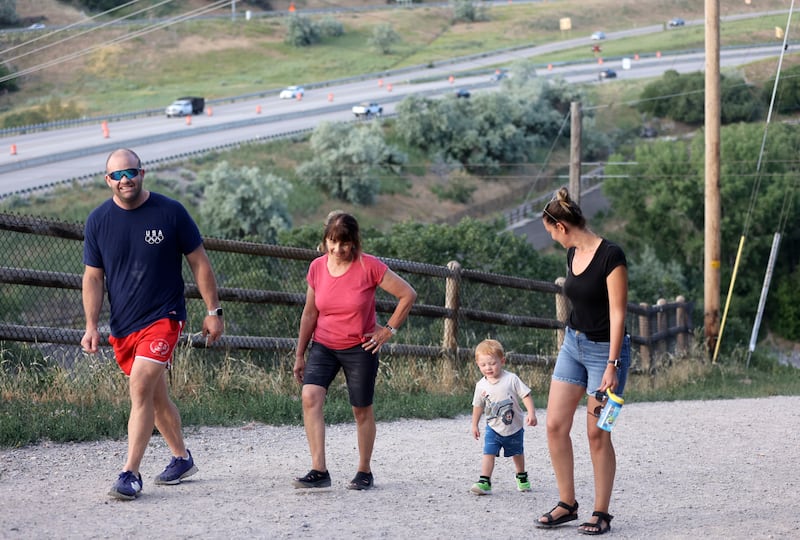Folks who battle depression might want to add at least one of several exercises that have proven effective against depression to their treatment plan.
A study published in the journal The BMJ finds that dancing, walking, jogging, yoga, strength training and tai chi — alone or as part of treatment that includes psychotherapy and medication — are effective in reducing depression.
The effect of the exercise on depression was proportional to the intensity of the activity, according to the researchers, who hailed from Australia, Denmark, Finland and Spain. They reviewed 218 different studies with a total of 14,170 participants to reach their conclusions.
“Exercise is an effective treatment for depression, with walking or jogging, yoga and strength training more effective than other exercises, particularly when intense. Yoga and strength training were well tolerated compared with other treatments. Exercise appeared equally effective for people with and without comorbidities and with different baseline levels of depression,” they wrote.
In an email to CNN, the lead author, Michael Noetel, a senior lecturer in the School of Psychology at the University of Queensland in Australia, wrote: “Depression affects somewhere between 10% and 25% of people. It hurts well-being more than debt, divorce or diabetes.”
He said that while the studies they examined had some risk for bias, the benefits exercise offers, paired with studies suggesting it helps depression, “make for a strong treatment option,” per CNN.
Research has long suggested that exercise contributes to well-being and better mental health.
According to the World Health Organization, roughly 300 million people globally have depression. But while doctors often recommend exercise as part of treatment, it’s sometimes hard to get people who are depressed motivated to exercise.
Results of the studies suggest that’s a problem worth overcoming.
Per U.S. News & World Report, “Researchers reported large reductions in depression for dance and moderate reductions for walking or jogging, yoga, strength training, mixed aerobic exercises and tai chi or qigong.”
The article added that, “While walking or jogging helped both men and women, women benefited more from strength training and men from yoga or qigong, the study found. Yoga was more effective in older people, while strength training worked best among the young.”
In a news release from the University of Queensland, Noetel said that “strength training was found to be an especially effective exercise for younger women, whereas older men received the most benefit from yoga.”
He added that when people were “given a clear and structured program” of physical activity, they did better.



